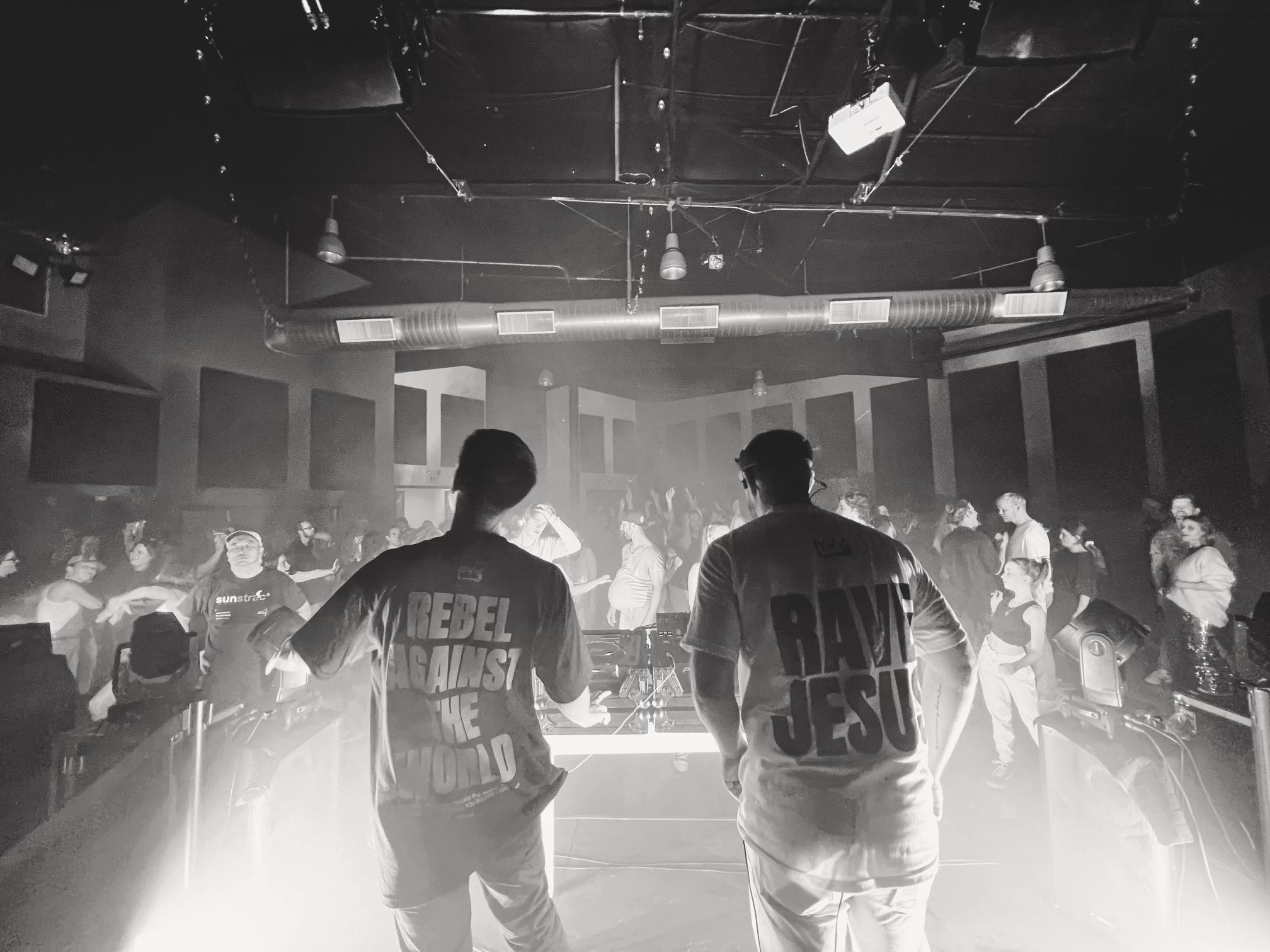When Crunchyroll's Latin American branch announced that it was going to release a dubbed version of Inuyasha's sequel, Yashahime: Princess Half-Demon (Hanyo no Yashahime), Spanish-speaking Latin American fans were ecstatic -- for about 30 seconds. The Spanish voices of Kagome (Aome in Spanish), Inuyasha, Sesshomaru, Sango, Miroku and Co. have long been dubbed by the same Mexican actors and have become an integral part of the story for many Latin American fans, so it was a great shock when Viz Media, which owns the distribution rights, released the casting roll, which not only was completely new but recorded with an Argentinian company.
Inuyasha was dubbed with a stellar Mexican cast from 2002, when the series was first released by Toonami/Cartoon Network LATAM, and 2017, when Rumiko Takahashi's final arc, Inuyasha Kanketsu-Hen, was finally released in the region. Not only have any of the original actors reprised their roles for Yashahime but they were not even been contacted by Viz Media. This decision is particularly strange because Yashahime isn't a reboot or a remake but a sequel targeting long-time fans of the anime; those who grew up with the original LATAM Spanish voice cast.
Ana Lobo, who played Kagome in the original dub (and also plays Mikasa in Attack on Titan), tweeted her heartbreak about the casting decision, which she and her colleagues learned at the same time as fans -- with the release announcement on Twitter. Enzo Fortuny, who played Inuyasha, and Gabriel Basurto, who played Sesshomaru, also mentioned their disappointment at being caught so off-guard.
The actors also addressed some of the rumored concerns that Viz Media might have had to make on their official fan page, Los Inuyashos.
"Due to the pandemic, every dubbing actor in the world has been working remotely for over eight months. All of the Inuyashos (the original Mexican dubbing actors) have a home studio, as well as access to two professional studios [...] where we could have recorded our parts if only Viz Media has asked us. [...] We would have loved to collaborate with our colleagues from neighbouring countries, as we have done in the past."
Fans are demanding that Viz Media and Crunchyroll (which is just a distributor for the series and has no say over casting decisions) reinstates Los Inuyashos to the sequel series, as they did for the English dub. Barring that, they would like Yashahime redubbed before it is released on Cartoon Network.
While for live-action and traditional cartoons this would be a strange and almost impossible request, anime dubbers tend to work alone inside a booth, even before the pandemic. Their individual voices are remixed and combined into coherent dialogues by a sound engineer. In theory, it would be relatively easy to keep the new Argentinian dub actresses who play the half-demon princesses and replace the replacements, so to speak.
So, redubbing is not impossible, but would it be fair and/or necessary? On one hand, LATAM fans deserve the same respect as English fans, who got to hear their veteran voice actors once again in the English version of Yashahime. On the other, the Argentinian dubbers were only doing the job that Viz Media hired them to do.
Even Los Inuyashos released a statement asking their fans to respect the job of their colleagues and denying their involvement in the Change.org petition to redub to the series, which has almost 30,000 signatures at the time of writing. Besides, by Peninsular Spanish standards -- a dialect that has a sad track of hit-or-miss anime dubs -- both the original Mexican cast and the Argentinian sound fantastic.
That said, it is true that the decades-long familiarity with their characters lends the Mexican interpretation a much deeper quality. For instance, Rumiko Takahashi hand-picked Fortuny to play Inuyasha, as his voice was almost identical to that of the Japanese seiyuu, and Ana Lobo's intricate interpretation of Kagome's subtle, emotional shifts is a hard act to follow for Tatul Bernodat, despite Bernodat's talent and voice acting chops (she dubs Hera Syndulla in Star Wars Rebels.)
Yashahime also has one glaring technical problem with one of the voices, and that at least deserves some TLC from Viz Media. The actress who dubs Towa, Luciana Mauri, sounds really far away compared to the rest of the cast, although her interpretation of the tomboyish princess has been well received, and this is likely a sound engineering oversight. Whether or not the company does appease these disgruntled fans in some way remains to be seen.
About The Author
